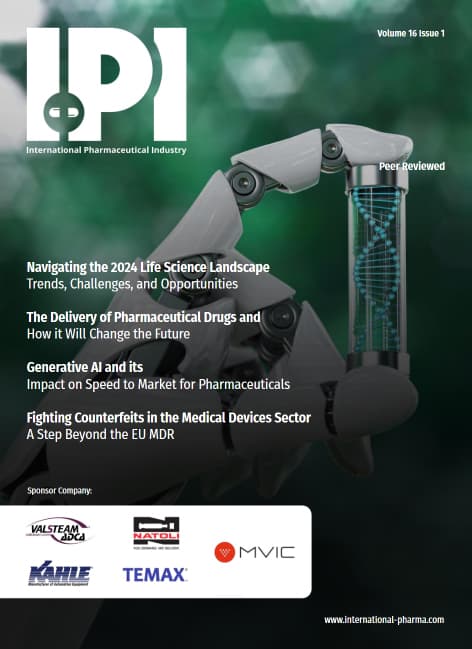The NHS has announced the introduction of new 3D heart scans to fast-track diagnosis for approximately 100,000 patients with suspected heart disease.
The new technology – known as HeartFlow – uses a regular CT scan of the heart to produce a 3D image, enabling doctors to diagnosis coronary heart disease in 20 minutes, said NHS England.
Prior to the introduction of this 3D scan, patients would be required to undergo an ‘invasive’ angiogram, while this new technology can allow patients to be seen, diagnosed and treated ‘around five times quicker’.
“HeartFlow has been a huge success in clinical trials and will now help tens of thousands of people a year receive quick diagnosis and treatment and ultimately save lives,” said Matt Whitty, director of innovation and life sciences for NHS England.
When patients received a diagnosis using the 3D scan technology, they can then be offered treatment including surgery, medication or may have a stent fitted.
In a statement, the NHS said more people in England will have access to HeartFlow than anywhere else in Europe, the US or Japan.
Approximately 100,000 people in England are eligible to use the 3D scan technology over the next three years, with over 35,000 people believed to benefit each year.
“The NHS Long Term Plan committed to cutting strokes, heart attacks and other major killers as well as ensuring patients would benefit from cutting edge therapies and techniques and HeartFlow is just the latest example of that,” said Stephen Powis, NHS medical director.
“By rapidly improving the rate we diagnose and treat those with a heart condition we will save thousands of lives and ensure as well as delivering the most successful vaccination programme in health service history, the NHS is able to deliver routine services even quicker than before the pandemic,” he added.
IPI was established by professionals with over 30 years of experience in the Pharmaceutical and Life sciences publishing sectors. Peer-Reviewed, Contemporary, Authoritative
IPI Media © 2024, All Rights Reserved – Powered by Teksyte

























